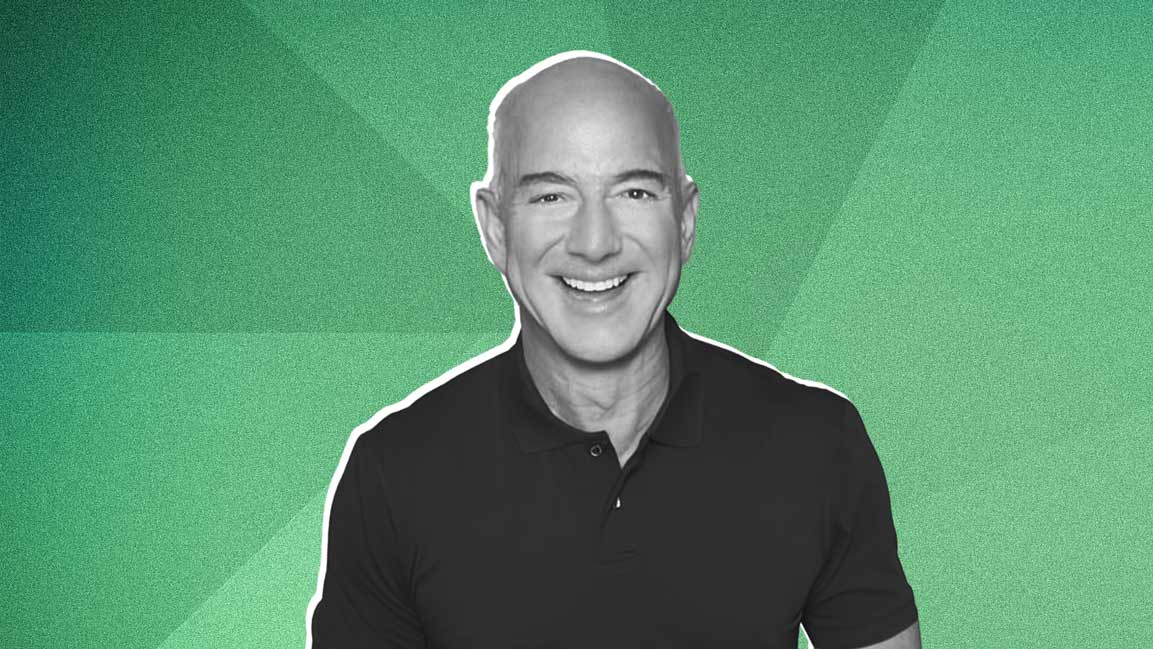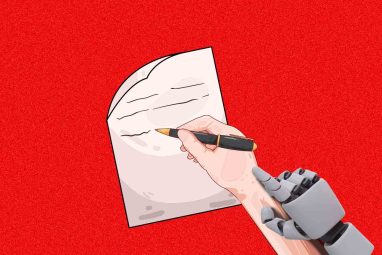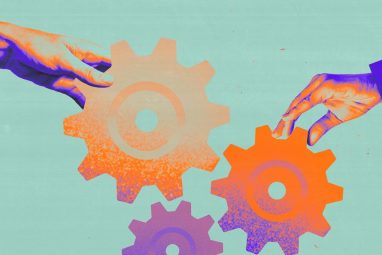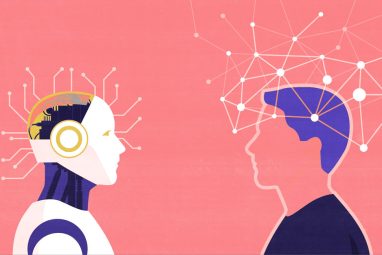Bezos Returns to an Executive Seat With Stealth AI Venture
The Amazon founder has taken a co-CEO role at Project Prometheus, a secretive AI venture backed by more than $6 billion in funding.
Topics
News
- Dubai Chamber of Digital Economy Partners With Canva to Set Up Regional HQ
- Apple Puts Virtual Health Coach On Hold Amid Tough Competition
- Alphabet Remains Cautious On Apple Deal, Dodges Investor Question
- HBKU and QRDI Enter Partnership to Advance National Tech Capabilities
- UAE Families Expect AI to Redefine How They Live, Bond, and Raise Children
- Alphabet Pitches AI as Core Growth Engine in Post-Earnings Call

Jeff Bezos has taken a formal operational leadership role for the first time since stepping down as Chief Executive Officer of Amazon in 2021, joining a new artificial-intelligence venture called Project Prometheus as co-chief executive.
The startup, co-founded with scientist and tech executive Vik Bajaj, is targeting AI applications in engineering and manufacturing, including computing hardware, automobiles and aerospace.
Bajaj, who previously worked at Google’s X research lab and helped launch the life sciences firm Verily, is listed on LinkedIn as co-founder and co-CEO of Prometheus.
Funding for Project Prometheus is unusually large for a startup that remains largely secret: the company has raised about $6.2 billion in early-stage funding, including contributions from Bezos, The New York Times reported this week.
Many of the staff on its rolls have reportedly been hired from major AI research groups such as OpenAI, Google DeepMind and Meta.
Little is publicly known about the startup’s precise headquarters, product roadmap or launch timetable.
Its LinkedIn description simply says “AI for the physical economy,” and observers note that its focus appears to be less on chatbots and more on applying AI to physical systems and manufacturing workflows.
For Bezos, the move is significant as it ends his four-year hiatus from an executive role and signals a pivot from being a founder and investor to taking on a day-to-day leadership role in an AI venture.
He remains involved in Blue Origin, his space firm, but holds only the title of founder there.
The startup places him directly into a competitive AI landscape that also features major rivals such as Microsoft-backed OpenAI, Google and Meta.
Available information on the startup suggests that it will build AI tools intended to speed up product development, design and manufacturing in sectors that overlap with Bezos’s aerospace interests.
Public comments from Bezos in recent months have focused heavily on the role of AI and robotics in future industrial and space activities. Speaking at Italian Tech Week this year, held from 1 to 3 October, he said he expects millions of people to eventually live in space and argued that robots will be used to carry out work on the Moon and other places where it is expensive and risky to send humans.
“In the next couple of decades, I believe there will be millions of people living in space. If you need to do some work on the surface of the moon or anywhere else, we will be able to send robots to do that work.”
Bezos also addressed concerns about a possible AI bubble. He said there is likely an investment bubble forming around the sector but described it as part of a normal cycle that often produces lasting technological progress. He compared the moment to the biotechnology boom of the 1990s, which resulted in many failures but also major advances.








